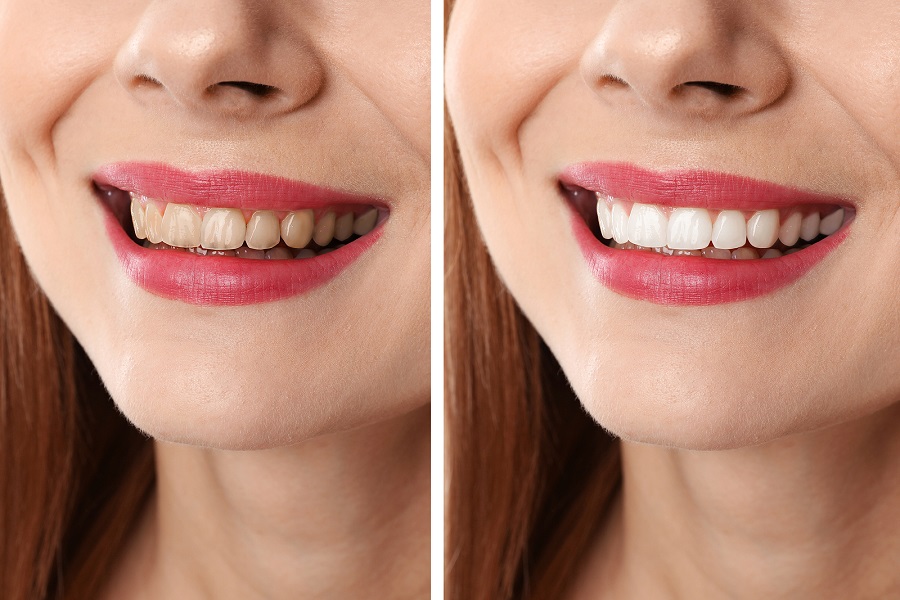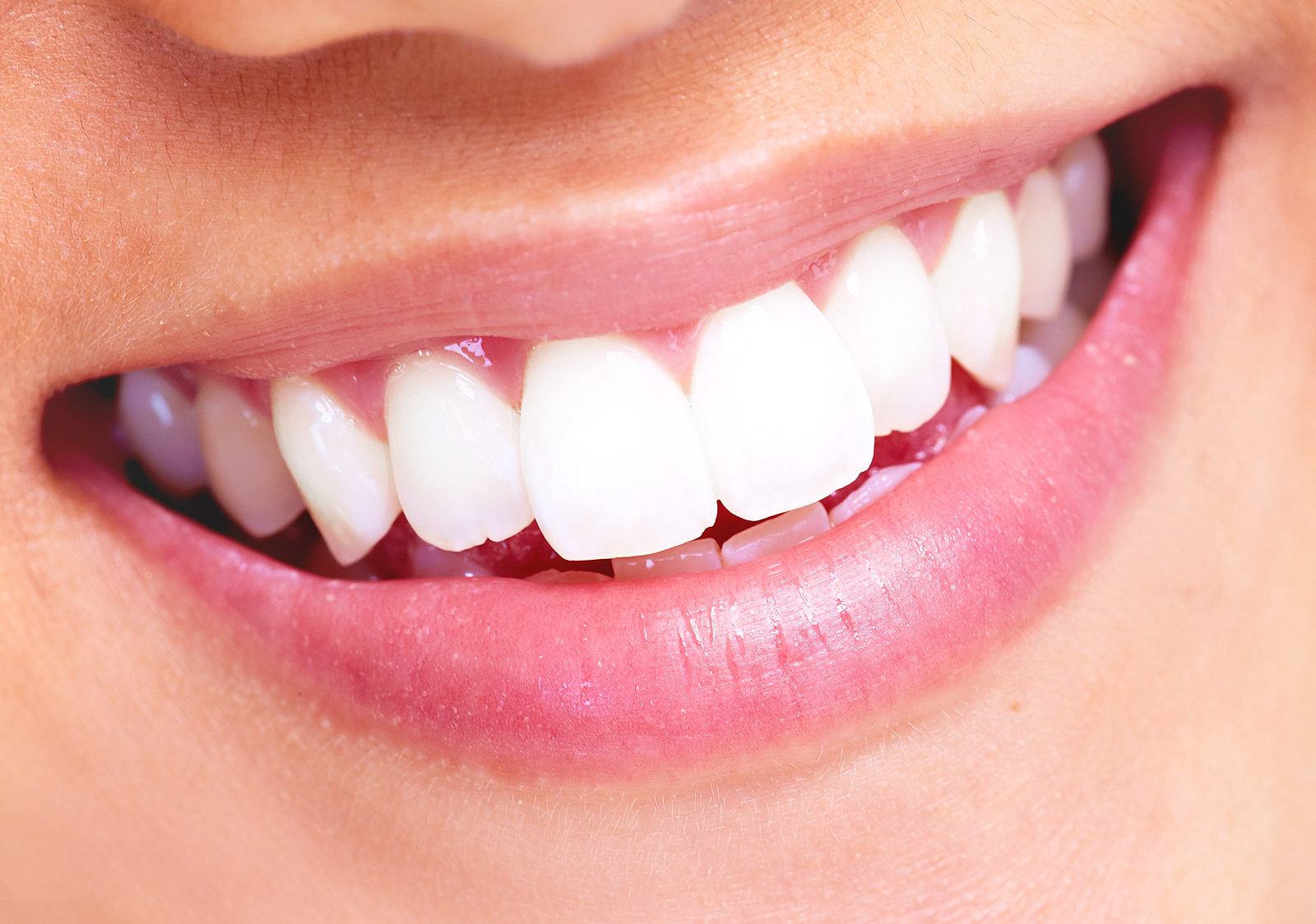SIT BACK & RELAX: HOW TO FEEL GREAT DURING YOUR DENTAL VISIT WITH SEDATION DENTISTRY
Many people avoid going to the dentist because they are afraid of pain, afraid of what they may find out and afraid of being uncomfortable discussing bad hygiene habits, especially if their teeth has begun to suffer as a result. The reality is, when you don’t visit the dentist, you are not able to clean your teeth and mouth 100% – there are certain things only a dentist can see and find out. You may have solid dental hygiene habits. You may brush your teeth after every meal, floss on a regular, daily basis and stay away from foods that cause cavities or tooth decay – but there are specific issues that can occur anyway. You could have inherited teeth that are shaped in such a way that you are more prone to cavities. Good hygiene can prevent cavities as much as possible, but they can still occur, and only your dentist can find this out and recommend the right procedures. When you see a dentist regularly, such as in the recommend 6-month intervals, your dentist can catch issues before they get worse, saving you pain, time and money. So if you afraid of visiting the dentist, think of the benefits of doing so, and follow these pieces of advice for staying relaxed DURING your dental visit: Make sure that you make your dental appointment at a time when you are not feeling rushed or stressed. Way before work is good, or on Saturdays, even. If you have no evening plans, make it for the end of the workday, so you can finish projects before you leave for the dentist. Before your dental visit, get a solid night’s rest – at least 8 hours. This way, you have a clear head about going in. They say not to eat before you visit the dentist, but you shouldn’t go to the dentist hungry. Doing so can cause extra anxiety or leave you feeling without the strength you need to be present. Eat a protein-packed breakfast before you visit, and drink plenty of water. Just make sure you brush and floss your teeth thoroughly before you head out the door. Perform relaxation techniques before your dental visit. Meditate for an amount of time long enough to create relaxation. Place a drop of calming essential oils, such as lavender or rosemary, behind each ear and over each wrists. Inhale deeply and calmly, exhaling through the mouth. Practice these breathing techniques before, during and after meditation. Practice them in the car on the way to dentist. Practice them during your dental visit. Once you reach the dentist, make sure there is nothing about the procedure about which you are not aware. Have everything out in the open, including your dental hygiene habits, your eating habits and your fears. Your dentist needs to understand exactly what you need so he or she can offer solutions for a perfect smile. Remember – you and your dentist have the same goals. You each want you to have healthy, beautiful, strong teeth. During your dental visit, focus your thoughts on a specific topic – whatever topic calms and interests you, not stresses you out. Don’t prepare a mental budget if it’s going to cause you stress. Don’t think about work projects if it’s going to make you feel behind and unproductive. Think of creative projects, your next vacation, dear friends, good conversations, OR – how beautiful your smile will be after this procedure. Bring a portable music player or put in your headphones to block out sounds of any dental machinery.
SEDATION DENTISTRY PHOENIX
If you feel that none of these tips will work, you may be a candidate for Sedation Dentistry. Oral sedation dentistry involves taking a prescription medication an hour before your visit. You are conscious during the dental procedure but calm, relaxed and detached from the procedure. These effects do last a long time, so be sure to have someone drive you to and from the appointment. Nitrous oxide, or “laughing gas,” helps patients to be put into a fully relaxed state where they are responsive, but unaware of pain or stress. Unlike oral sedation dentistry, the use of nitrous oxide allows patients to leave the dental office on their own. These treatments are very helpful and let patients follow dental practices and procedures like normal, but without the extra anxiety they feel personally.






















0 comments